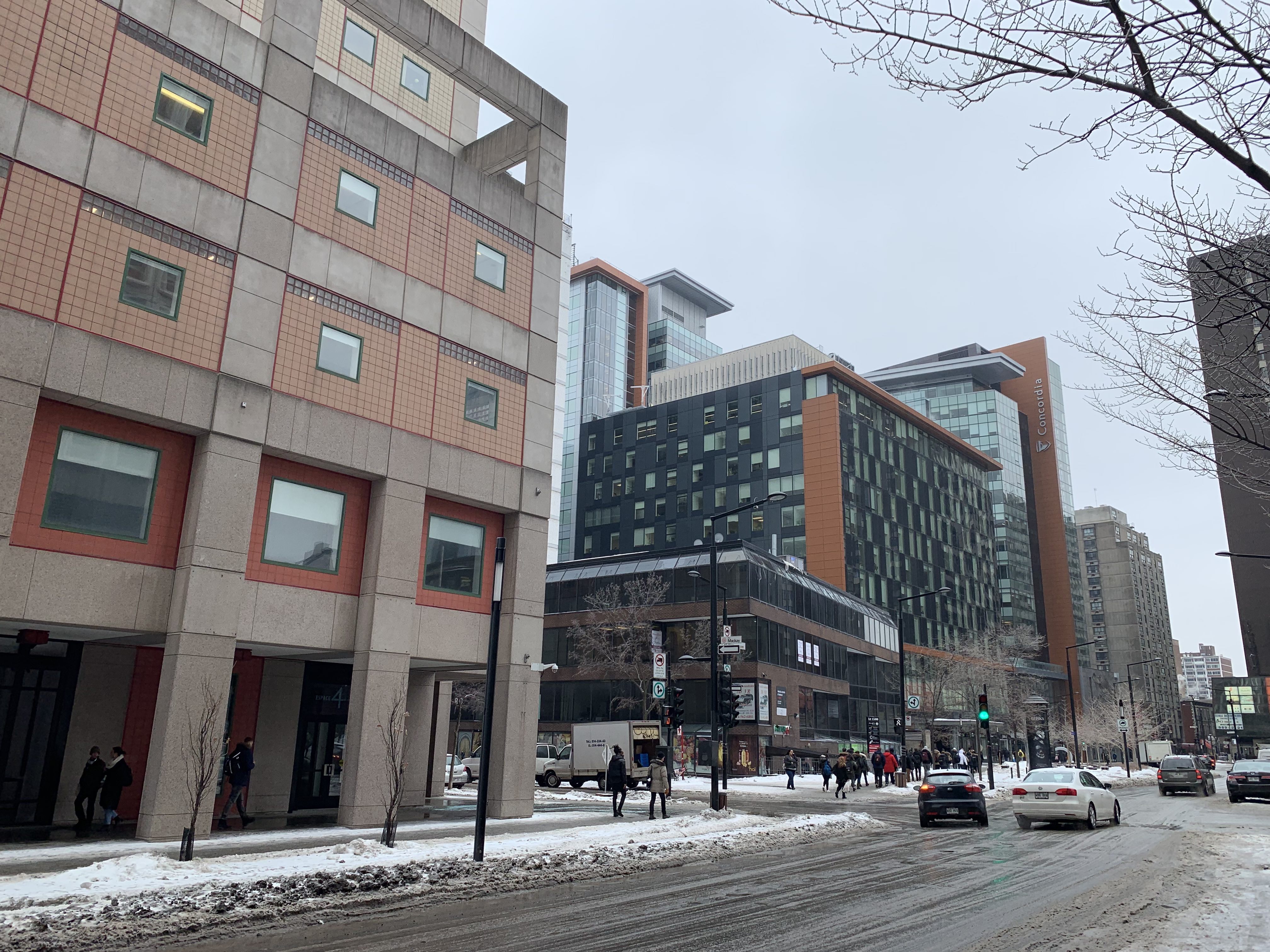Over 50 students and alumni say they have been invited for drinks by a teacher
The climate in the English department at Concordia has been described as unhealthy, according to a report by third-party investigators. The report, released last Thursday, was commissioned by the university in January to evaluate the climate of the working and learning environment in the department after sexual misconduct allegations came to light in January 2018.
The review was written by retired Justice of the Quebec Court of Appeal Pierrette Rayle, Business Psychologist Alain Reid, and Organizational Psychologist François Rabbat. The findings are based on an online survey and interviews with people, including students, staff and faculty.
Students and alumni reported that faculty members have committed various forms of sexual violence, which are at the centre of the unhealthy climate in the department. “Certain faculty members have held some classes in bars, had parties at their houses, invited students for drinks […] or drugs. Some students reported that these situations have, on occasion, led to sexual misconduct being committed,” the report stated.
The report said there is a “whisper network” in the department, where incidents are only communicated among students. The network “underlines the lack of trust that certain students have in the university’s handling of these matters,” according to the report. Prohibiting the university from holding classes in bars is included in the recommendation.
Of the 89 students and alumni surveyed, 55 said they have been invited out for a drink by a faculty member, and 28 said they’ve been invited to dinner in a private or public setting. Thirty-eight said a faculty or staff member has engaged in behaviour aimed to stigmatize their identity, such as harrassment, threats and bullying.
Lisa Ostiguy, deputy to the chair on student life, said “we certainly don’t want to ban all opportunities” where students and professors meet off-campus. “But we do want to put some parameters or talk with the standing committee about what those opportunities should look like,” added Ostiguy.
The report also found there is a culture of favouritism towards students by some faculty. The report emphasizes that “there is no place for any romantic or sexual relationship between an instructor and his or her student,” despite the fact that Bill 151, an act to prevent and fight sexual violence in higher education institutions, does not prohibit these relations.
Ostiguy said “the [English] department has already started on a number of the issues around favouritism and some recommendations well before the climate review [was] released.” When asked if the university was aware of the common fraternization between students and faculty in the department, Ostiguy said “I’ve been actively involved in sexual violence and sexual misconduct files and processes, and I was not made aware.”
There is a general mistrust and lack of understanding towards the university’s handling of complaints, according to the review. Most respondents disagreed with a series of statements about the efficiency of the process for consulting resources and the values promoted by the department. This mistrust, according to the review, is why students voice their concerns on social media rather than through official channels.
The report also calls for another climate review in two years. Ostiguy said “the recommendations are certainly things that the university can act on.” Among the recommendations are educational and prevention training for faculty, awareness campaigns, and a selection process for publications to avoid favouritism. The report suggested the university hire a contact person for complainants involved in ongoing investigations.
With files from Mina Mazumder.
